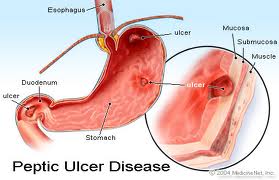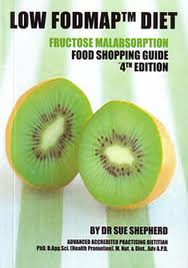What is Inflammatory Bowel Disease and What are the Symptoms?
Inflammatory bowel disease (IBD) is a group of conditions that cause inflammation and chronic inflammation in the gastrointestinal tract. This can lead to a variety of symptoms affecting the digestive system and other organs.
Inflammatory bowel diseases are a group of conditions that cause inflammation and chronic inflammation in the gastrointestinal tract. This can lead to a variety of symptoms affecting the digestive system and other organs.
In IBD, the immune system attacks the digestive tract, either by damaging the mucosal barrier or by causing chronic inflammation. As a result, there are many symptoms that may occur as a result of IBD. However, the exact cause of IBD is not fully understood.



 Bowel Diseases (IBD). However, there’s a multitude of other digestive health issues that do exist that I just haven’t gotten around to mentioning quite yet. One, in particular, is ulcer disease. Ulcer disease is a condition where open sores develop in the lining of the gastrointestinal tract. They can occur in the small intestine (duodenal ulcer), stomach (gastric ulcer), and esophagus (esophageal ulcer). The most common symptom of ulcers is epigastric pain (pain that is localized in the upper abdomen just below the sternum). However, there are
Bowel Diseases (IBD). However, there’s a multitude of other digestive health issues that do exist that I just haven’t gotten around to mentioning quite yet. One, in particular, is ulcer disease. Ulcer disease is a condition where open sores develop in the lining of the gastrointestinal tract. They can occur in the small intestine (duodenal ulcer), stomach (gastric ulcer), and esophagus (esophageal ulcer). The most common symptom of ulcers is epigastric pain (pain that is localized in the upper abdomen just below the sternum). However, there are 
